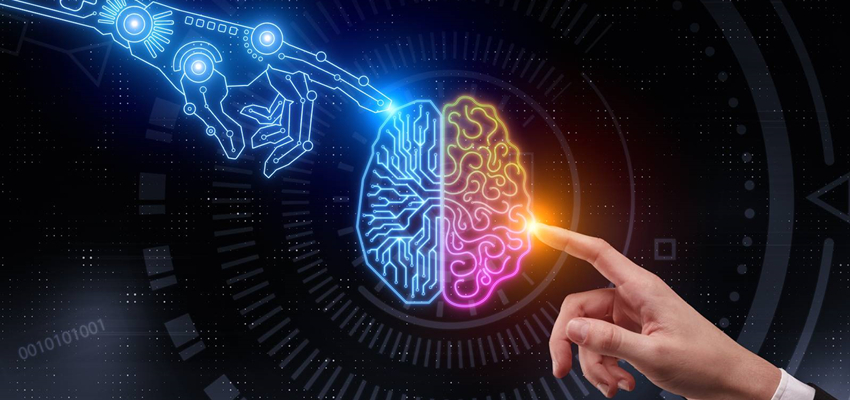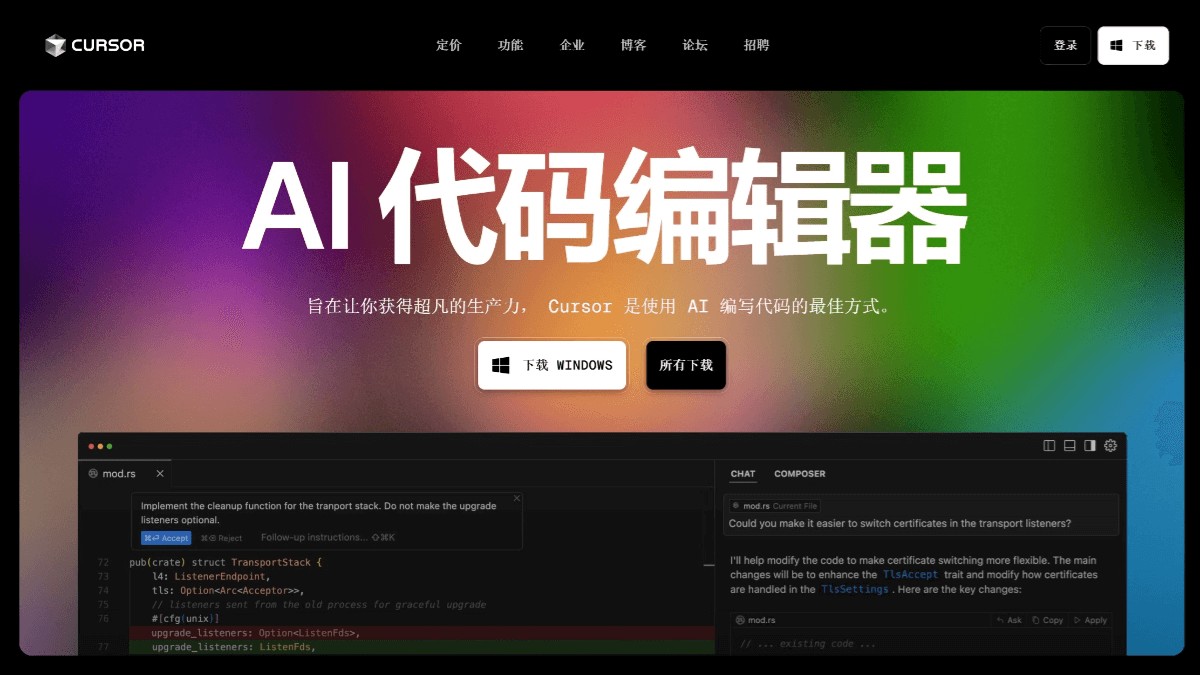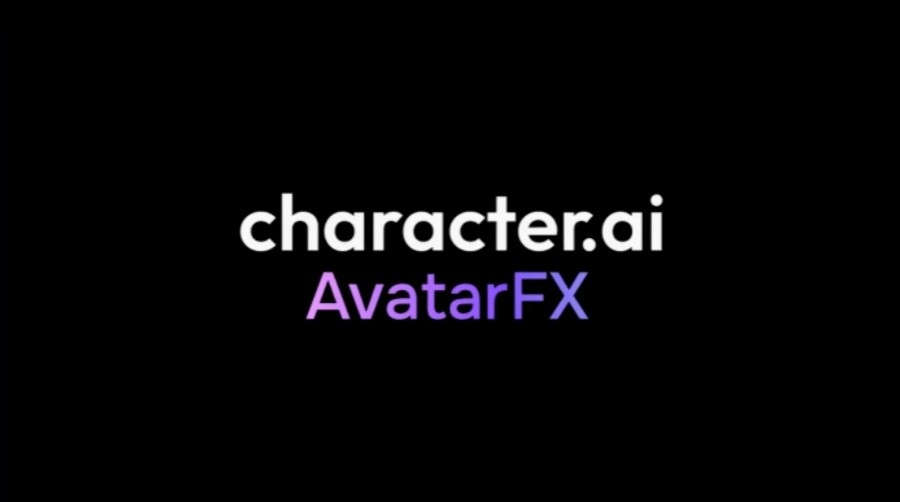
Artificial intelligence (AI) refers to technology that enables machines to exhibit abilities similar to human intelligence. Its core essence is to simulate, extend and enhance human cognitive functions, including learning, reasoning, problem solving, perception and language understanding. The goal of AI is to create intelligent systems that can perform tasks autonomously, solve complex problems, and even surpass human capabilities in some areas.
Machine Learning (ML) :
Basics: Machine learning is a core branch of AI. Its basic principle is to train algorithms through data so that the machine can learn how to perform tasks.
Methods: including supervised learning, unsupervised learning and reinforcement learning.
Applications: From simple data classification to complex natural language processing.
Deep Learning (DL) :
Basics: Deep learning is a special machine learning technique that uses multi-layer neural networks to simulate the way the human brain processes information.
Network type: For example, convolutional neural networks (CNNs) are mainly used for image processing, and recurrent neural networks (RNNs) are suitable for sequence data processing.
Applications: image recognition, speech recognition, natural language processing.
Natural Language Processing (NLP) :
Basics: NLP involves getting computers to understand, interpret, and manipulate human language.
Technology: including language model, syntactic analysis and semantic analysis.
Applications: Chatbots, speech-to-text conversion, machine translation.
Computer Vision :
Basics: Enabling machines to interpret and understand visual information obtained from digital images or videos.
Technology: Image recognition, object detection and image classification.
Applications: Self-driving cars, facial recognition systems.
Reinforcement Learning (RL) :
Basics: Through interaction with the environment, the algorithm learns the optimal strategy to achieve a specific goal.
Methods: Includes reward-driven learning and decision-making processes.
Applications: games, robot navigation, real-time decision-making systems.
The core of AI technology is to simulate the human intelligence process and solve complex problems through algorithms and computing power. Its development continues to push the boundaries of science and technology and has a profound impact on society, economy and culture. The future of AI will focus on improving the generalizability of algorithms, reducing bias, enhancing explanation capabilities, and ensuring ethical use. As technology continues to advance and develop, artificial intelligence will continue to demonstrate its unique value and potential in multiple fields.



